In the wake of the devastating terrorist attack in Pahalgam, Jammu and Kashmir on April 22, which claimed the lives of at least 26 civilians and injured dozens more, international pressure on Pakistan has escalated dramatically. While the world mourns the innocent lives lost, a new chapter in geopolitical rhetoric unfolded when U.S. Vice President JD Vance issued a powerful and pointed statement. His message not only condemned the attack but called for direct Pakistani cooperation with India in hunting down those responsible.
This bold diplomatic stance signals a potential shift in the United States’ traditionally cautious handling of India-Pakistan tensions. Here’s a deep dive into the five boldest statements made by Vice President Vance and how they’re already shaking up the regional and global response to the Pahalgam tragedy.
1. “We hope that Pakistan, to the extent they’re responsible, cooperates with India…”
During an interview with Fox News, Vance’s assertion that Pakistan may bear responsibility marked a rare moment of direct U.S. pressure on Islamabad. Historically, American administrations have walked a fine line between their alliances with both India and Pakistan. However, Vance’s language moved beyond diplomatic ambiguity.
By openly suggesting Pakistani complicity—either through direct support or negligent harboring of extremist factions—Vance broke with decades of traditional American neutrality in subcontinental skirmishes. His statement placed Pakistan squarely in the international spotlight, urging it to act against terrorism within its borders or risk being viewed as a state sponsor of extremist violence.
2. “We hope India responds in a way that doesn’t lead to broader regional conflict.”
This statement balanced the earlier rebuke of Pakistan with an equally clear message to New Delhi: restraint. The U.S. has long been wary of a military escalation between the two nuclear-armed neighbors. By advising caution, Vance acknowledged India’s right to self-defense while reinforcing the necessity of diplomacy.
Analysts believe this dual-pronged message positions the U.S. as a central mediator once again in the volatile region, while also preserving its strategic partnerships. More importantly, it subtly supports India’s right to act against terrorism without endorsing open retaliation that could trigger wider conflict.
3. “We stand with the Indian people.”
The symbolic weight of these six words should not be underestimated. In moments of national tragedy, international solidarity matters. This statement was echoed by President Donald Trump and Secretary of State Nikki Haley, both of whom emphasized American support for India’s fight against terrorism.
The Pahalgam attack targeted a popular tourist hub, intensifying its emotional impact and raising concerns about India’s internal security. American solidarity offers not just moral support but a reaffirmation of India’s global alliances.
4. “Terrorists operating in Pakistan’s territory must be hunted down and dealt with.”
Perhaps the most aggressive line from Vance’s address, this direct appeal for accountability is expected to have diplomatic ripples far beyond South Asia. U.S. defense and intelligence officials have already briefed their Indian counterparts, offering expanded cooperation in counter-terrorism efforts, according to senior sources.
This development also reignites debates about cross-border terrorism and safe havens in Pakistan. Despite past denials, multiple international investigations have linked Pakistan-based groups like Lashkar-e-Taiba and Jaish-e-Mohammed to previous attacks on Indian soil, including the 2008 Mumbai attacks and the 2019 Pulwama bombing.
5. “We are reviewing all relevant diplomatic and financial policies related to this matter.”
In a behind-the-scenes move that’s just as significant as any public pronouncement, White House officials have confirmed that U.S. financial and diplomatic policies toward Pakistan may face reevaluation. This includes a potential pause or redirection of military aid and financial support unless Islamabad shows credible action.
Meanwhile, India has taken its own steps. Following the attack, New Delhi suspended the 1960 Indus Waters Treaty—a longstanding agreement on water sharing between the two nations—and formally requested the International Monetary Fund (IMF) to reassess Pakistan’s eligibility for continued loan programs, citing security concerns.
Global Reactions: Divided but Watching Closely
The United Nations issued a standard condemnation of the attack but stopped short of naming any potential state actors. China, a close ally of Pakistan, urged “all parties to exercise restraint and resolve differences through dialogue,” while Russia backed India’s right to combat terrorism and pledged intelligence-sharing.
European powers, including France, Germany, and the United Kingdom, expressed condolences and supported India’s call for justice, but avoided directly implicating Pakistan. However, analysts suggest that JD Vance’s comments may galvanize a more unified Western approach to terrorism in South Asia.
Domestic Fallout in Pakistan: Denial and Defiance
Predictably, the Pakistani government rejected Vance’s allegations. Foreign Minister Hina Rabbani Khar called the statements “unfounded” and “provocative,” adding that Pakistan is itself a victim of terrorism.
Still, the international community is demanding more than words. Questions continue to swirl about the activities of terror groups in Pakistan’s Federally Administered Tribal Areas (FATA), and whether Islamabad has the political will—or capability—to dismantle them.
In response to the growing pressure, Pakistan has promised to conduct an internal investigation, though details remain vague.
India’s Next Moves: Strategy Over Shock
Prime Minister Narendra Modi convened an emergency cabinet meeting within 24 hours of the attack. While voices within India have called for swift and decisive retaliation, Modi has so far opted for a strategic approach: isolating Pakistan diplomatically, tightening border security, and pushing international bodies for punitive action.
A senior Indian defense official confirmed that surgical strikes were “on the table,” but added that diplomatic pressure, bolstered by statements like Vance’s, could yield better long-term results.
India has also intensified its cooperation with the U.S., Israel, and France on counter-terrorism operations, focusing on surveillance, intelligence gathering, and cybersecurity.
Conclusion: A Turning Point in U.S. South Asia Policy?
Vice President JD Vance’s statements following the Pahalgam attack may well mark a watershed moment in America’s foreign policy in South Asia. No longer content with neutrality or cautious ambiguity, the U.S. appears to be drawing clearer lines when it comes to terrorism and its state enablers.
By naming Pakistan, supporting India, and calling for restraint all in one breath, Vance has articulated a vision that is both principled and pragmatic. Whether this signals a lasting shift or a momentary stance will depend on how Pakistan, India, and the broader international community respond.
For now, one thing is certain: the world is watching.
To Read More Click Here.
Also Read
4 Canadians Executed in China: Justice Served or Diplomatic CrisisEx\\

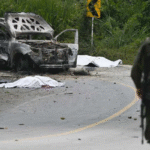
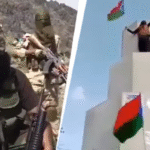
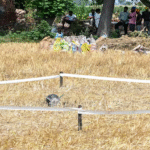
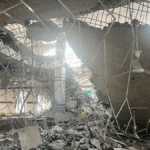
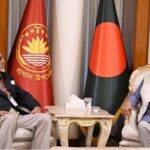
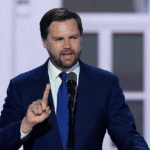




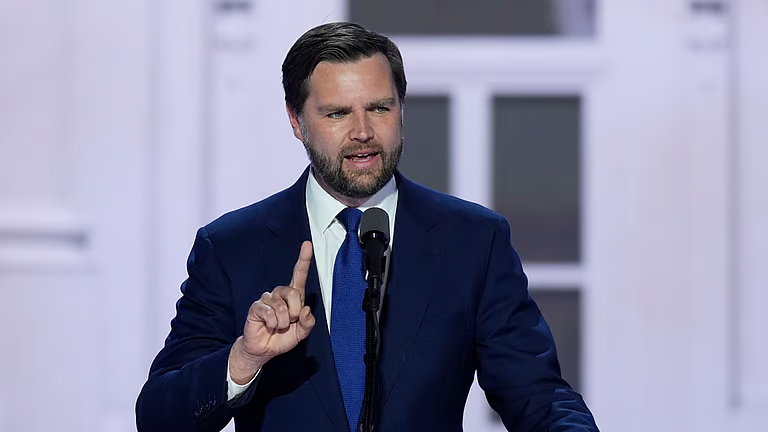
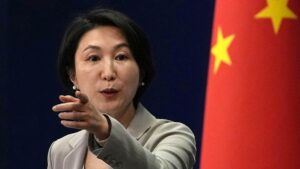
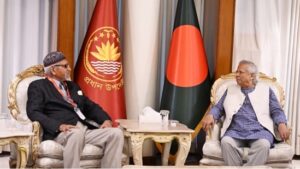
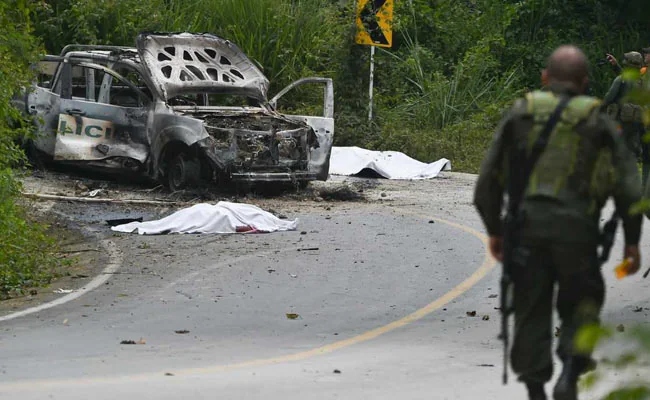
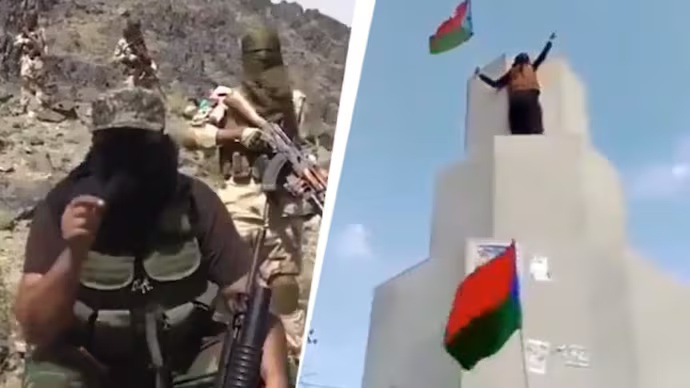
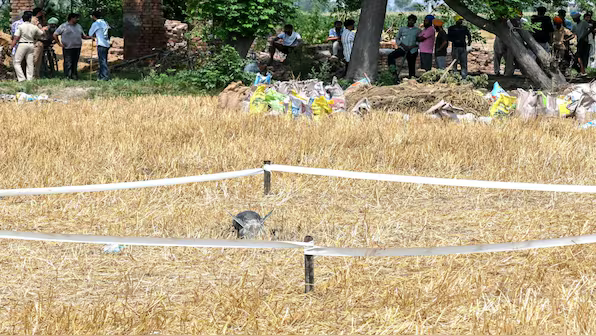
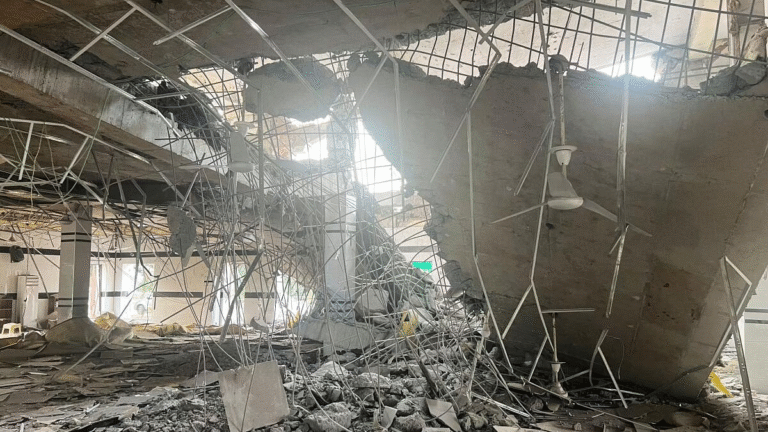
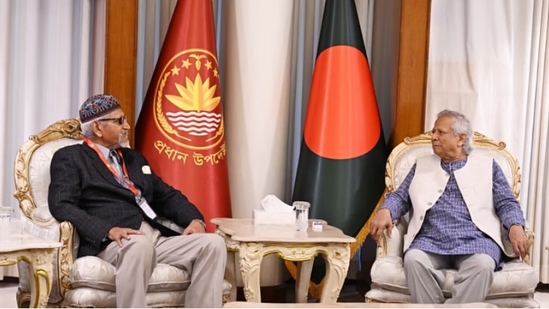
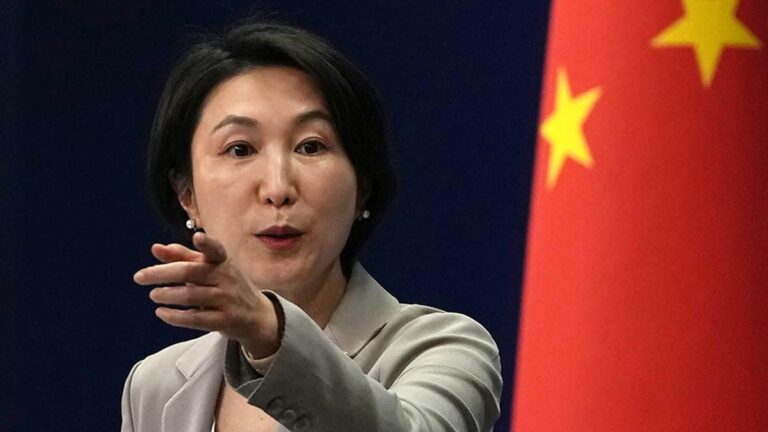
2 thoughts on “5 Bold Statements: How US VP JD Vance’s Call to Pakistan Is Reshaping the Fallout of the Pahalgam Terror Attack”